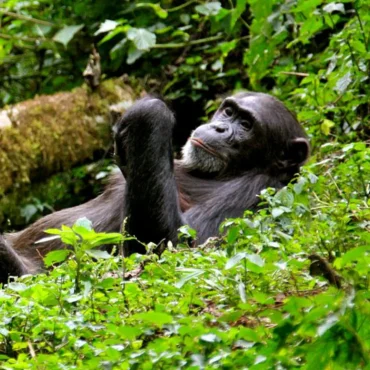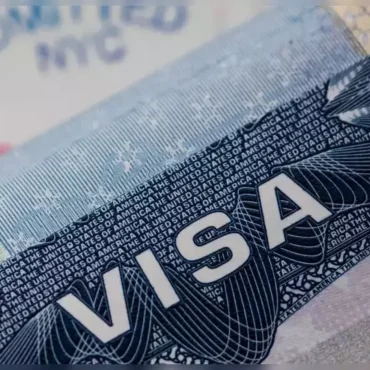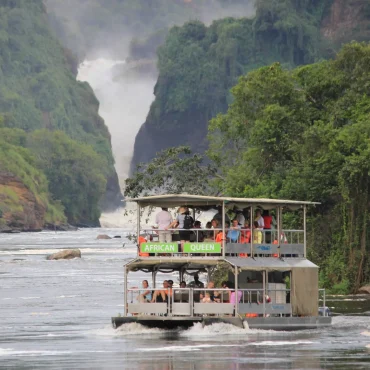Average Costs of a Uganda Safari
The costs of Uganda Safaris vary depending on your preferences and travel style. On average, a budget safari will cost around $150 per person per day, while mid-range options range between $200 to $350 per person per day. For those looking for luxury, safaris can reach $500 or more per day.
A significant factor in the cost is the $800 gorilla trekking permit, a unique experience that makes Uganda famous. By planning, you can create a memorable Uganda Safari that fits within your budget.
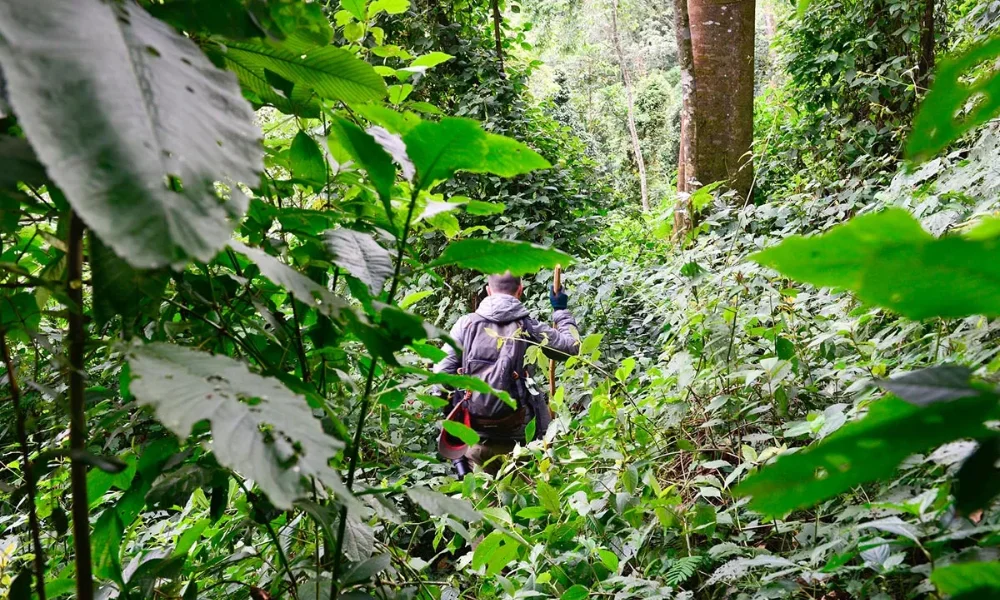
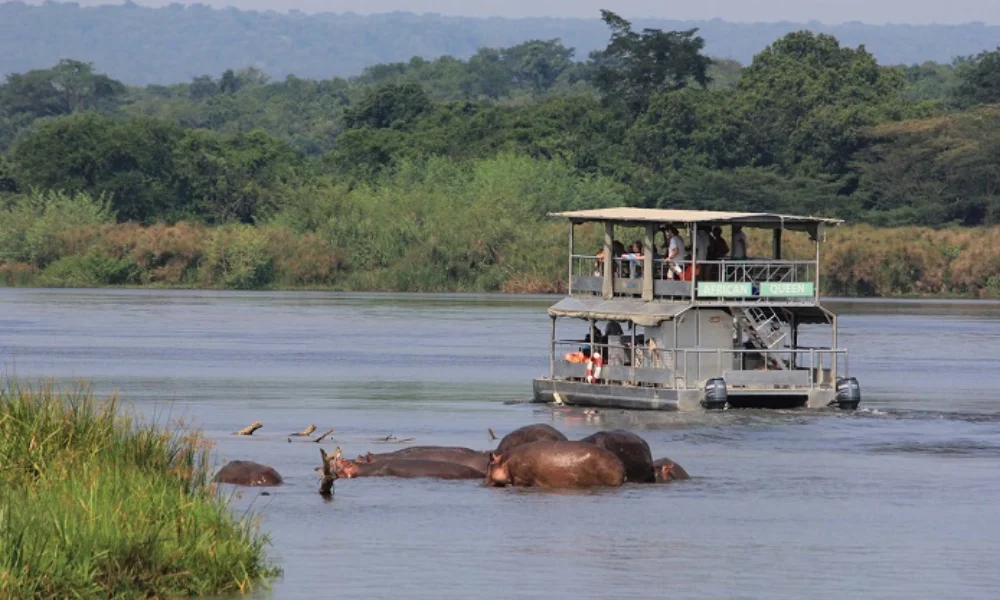
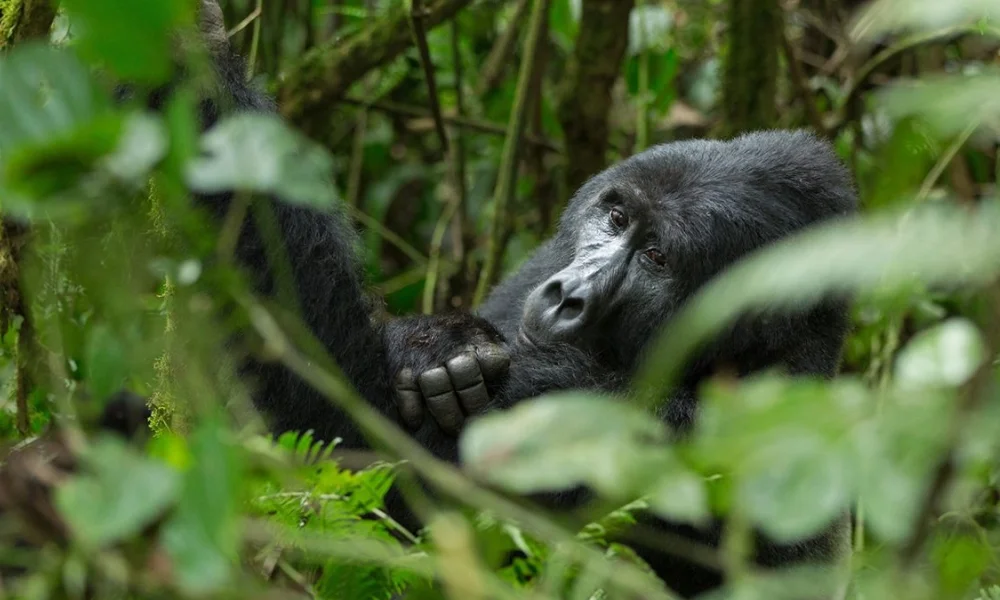
Factors Influencing Uganda Safari Costs
Uganda’s safaris provide unmatched wildlife experiences, with options suited for all budgets, from modest to luxurious.
Several elements can impact the overall cost of your Uganda safari. Here are the key factors to consider when planning your adventure:
- Accommodation Type – Your choice of accommodation greatly affects costs. Budget camps are more affordable, while mid-range lodges offer more comfort, and luxury safari lodges come at a higher price, especially around popular gorilla trekking areas.
- Safari Duration – Longer safaris spread out transportation and guiding fees over more days, which can lower the per-day costs. However, a longer stay still means higher overall costs due to accommodation and park entry fees.
- Gorilla and Chimpanzee Permits – The highlight for many visitors is gorilla trekking, with permits costing $800 per person. Chimpanzee permits are less expensive, ranging from $100 to $250, depending on the location. Both experiences are unforgettable but require planning.
- Group Size – Traveling with a larger group often reduces costs per person. Group safaris help distribute transportation and guide fees, making it a more economical option for budget-conscious travellers.
- Time of Year – Uganda has two rainy seasons, from March to May and October to November. Travelling during these off-peak times can help lower accommodation and flight costs, though weather conditions may be challenging.
- Transportation – Getting around Uganda can be done via domestic flights, which are convenient but expensive, or by hiring a 4×4 vehicle with a driver for approximately $130 per day. The latter provides more flexibility and allows you to see more of Uganda beyond the national parks.
These factors should be carefully considered when planning your Uganda safari, as they significantly impact the overall budget and the type of experience you will have.
Additional Costs to Consider on Your Uganda Safari
In addition to your core Uganda Safari Costs, several extra expenses should be factored into your planning to ensure a smooth and enjoyable trip:
- International Flights –Uganda is not as well-connected as other African countries, with fewer direct international flights. It’s often cheaper to fly through regional hubs like Nairobi or Addis Ababa. The cost of international flights varies widely, depending on your departure city and season.
- Visa Fees – A single-entry visa costs $50 for most nationalities, while an East African tourist visa, allowing access to Uganda, Kenya, and Rwanda, is $100. Ensure you apply in advance or have the necessary documentation ready upon arrival.
- Vaccinations and Health – A yellow fever vaccination is required for entry into Uganda. Malaria precautions are also recommended, especially in areas with a high risk of infection. Be sure to consult a travel clinic before your departure to ensure you’re adequately protected.
- Tipping – Tipping is expected at most lodges and for safari guides. Budget around $15 per person per day for guides, and carry small bills for tipping lodge staff.
- Travel Insurance – Comprehensive travel insurance that covers safari activities, including gorilla trekking, is essential. If you’re visiting remote regions, make sure your insurance covers all activities and regions of Uganda.
- Park Entry Fees – In addition to gorilla and chimpanzee permits, other national parks in Uganda charge entry fees, usually ranging from $40 to $50 per person per day. These fees are generally included in safari packages but should be confirmed in advance.
By keeping in mind these additional costs, you can make sure a well-prepared and stress-free safari in Uganda. Careful planning guarantees you enjoy the adventure without unexpected expenses.
Managing Uganda Safari Costs
Off-Season Travel
Visit during the rainy season for lower rates on accommodations and flights.
Shared Tours
Join group safaris to share costs, making the experience more affordable.
Local Transport
Use local transport or hire a vehicle and driver to explore more of Uganda at your own pace.
Budget Lodges
Stay in budget accommodations outside the national parks to save money on lodging.
Flexible Itineraries
Opt for a flexible itinerary that allows you to adjust activities based on your budget.
Minimize Add-Ons
Keep additional activities like hot air balloon rides or gorilla treks within your budget to avoid overspending.


